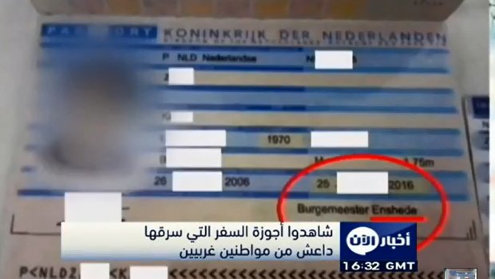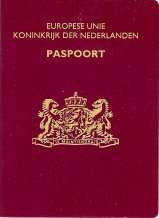
Today the Dutch Council of State Administrative Jurisdiction Division has ruled that Pastafarianism, or the Church of the Flying Spaghetti Monster, is not a religion, which means wearing a colander by the adherents of this social movement cannot be regarded as an expression of religious belief.
Before I get into this, we told you back in 2016 that the Utrecht Chamber of Commerce had recognised the Church of the Flying Spaghetti Monster, citing there was not a sufficiently solid legal basis to continue to refuse them status. However, the Pastafarians booked a loss.
The whole story hinges on a woman from Nijmegen who had applied for an ID card and a driving licence by submitting photos in which she was wearing a colander on her head, as a holy symbol of Pastafarianism. The mayor of Nijmegen refused to issue the requested documents because the woman’s head was covered, saying they did not meet the applicable legal criteria. Long story short, Pastafarianism does not have the required ‘seriousness and cohesion’ expected from a religion according to Article 9 of the European Convention on Human Rights.
This Batman’s Joker wannabee from Hellevoetsluis had his picture taken hat and all, which is also not allowed, but when he argued it was ‘for his religious belief’, he was allowed to leave it on at the time.
(Link: raadvanstate.nl, Photo of a Pastafarian worshipper in full regalia by Dennis van Zuijlekom, some rights reserved)



 As of late, many journalists have turned finding out how badly privacy is protected by government institutions into a kind of sport.
As of late, many journalists have turned finding out how badly privacy is protected by government institutions into a kind of sport.